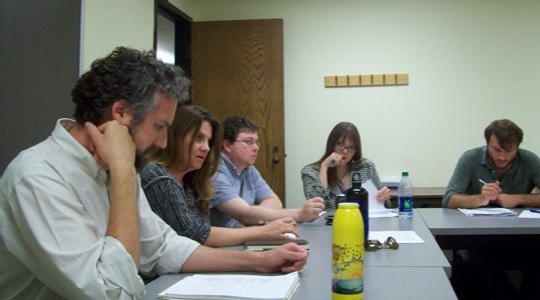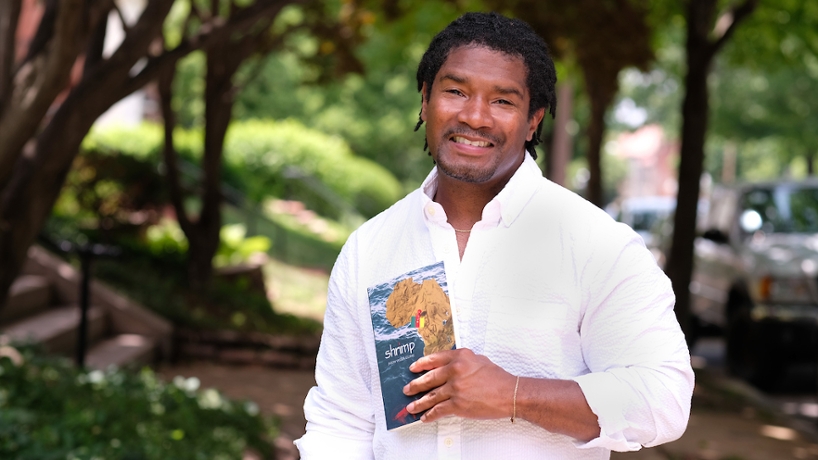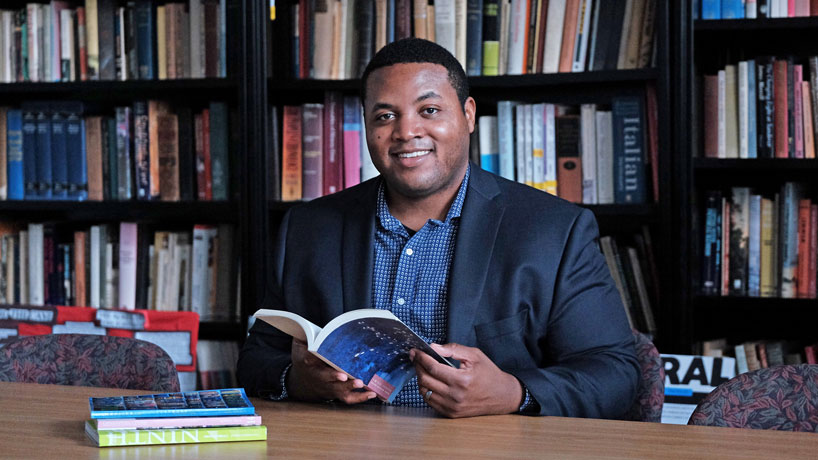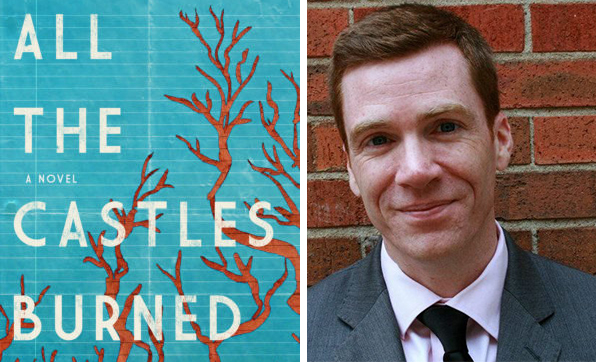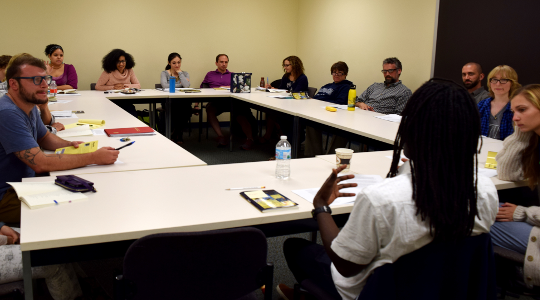The Creative Writing Program at the University of Missouri – St. Louis offers a Master of Fine Arts (MFA) degree in fiction and poetry. Our MFA is a 39 credit-hour program designed as a terminal degree. It allows a select group of student writers an extraordinary opportunity to learn the craft of writing from the inside out. The methods of instruction are simple but effective: writing workshops in fiction and poetry; seminar classes on writing craft; assistant editorial work in conjunction with internationally-renowned literary magazine Boulevard. Students in the UMSL MFA program work closely with our distinguished faculty. In the final semesters of study, each student develops a book-length thesis. UMSL MFA graduates have published books in fiction and poetry, won prestigious awards, and placed poems, stories and essays in hundreds of esteemed literary journals.
| Department of English Office: 484 Lucas Hall Office Phone: 314-516-5541 FAX: 314-516-5781 Email: English Department |
MFA Program Director Shane Seely Office: 457 Lucas Phone: 314-516-5856 Email: seelys@umsl.edu |
